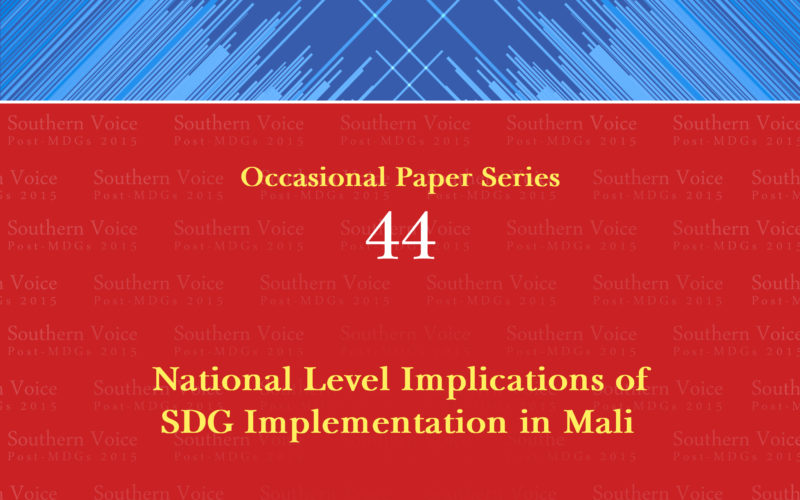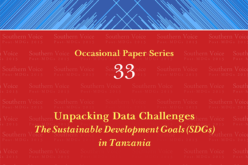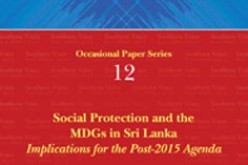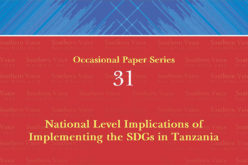 The limited success of the Millennium Development Goals (MDGs) and the great ambition, complexity and universality of the Sustainable Development Goals (SDGs) pose challenges to its successful implementation at the national level for many developing countries, including Mali. Therefore, it is now the right time to conduct research that aims to identify and analyse the main implications and challenges of SDG implementation at the national level. The overarching aim of this study on Mali is to raise awareness at both the national and international levels of the various implications of SDG implementation in countries of the global South. Gleaning insights from desk-based research and interviews with national stakeholders, this study shows that the present time is favourable for SDG implementation in Mali, since there is an ongoing review of the primary national development programme document, the Strategic Framework for Growth and Poverty Reduction; and there is increased international attention on Mali after the 2012 security and political crisis. Integration of the SDGs into national development programmes has already begun, and should continue through the development of a specific and comprehensive implementation action plan. However, weaknesses in civil society and ongoing issues with the national statistical system will need to be addressed to ensure that there is adequate data provision for effective monitoring and evaluation of the SDG implementation process.
The limited success of the Millennium Development Goals (MDGs) and the great ambition, complexity and universality of the Sustainable Development Goals (SDGs) pose challenges to its successful implementation at the national level for many developing countries, including Mali. Therefore, it is now the right time to conduct research that aims to identify and analyse the main implications and challenges of SDG implementation at the national level. The overarching aim of this study on Mali is to raise awareness at both the national and international levels of the various implications of SDG implementation in countries of the global South. Gleaning insights from desk-based research and interviews with national stakeholders, this study shows that the present time is favourable for SDG implementation in Mali, since there is an ongoing review of the primary national development programme document, the Strategic Framework for Growth and Poverty Reduction; and there is increased international attention on Mali after the 2012 security and political crisis. Integration of the SDGs into national development programmes has already begun, and should continue through the development of a specific and comprehensive implementation action plan. However, weaknesses in civil society and ongoing issues with the national statistical system will need to be addressed to ensure that there is adequate data provision for effective monitoring and evaluation of the SDG implementation process.
Author: François KONÉ, Massaoly Coulibaly
Download
2,075 total views, 1 views today











